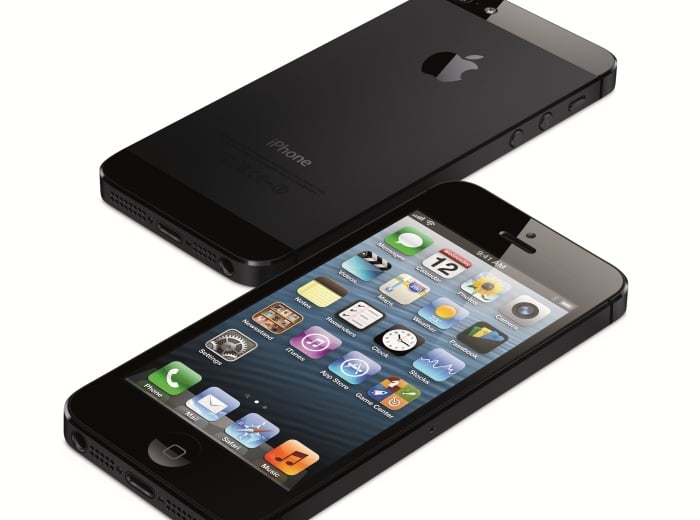Telecom & Wireless
China’s Mobile Phone Market Bypasses Apple and Samsung
Published:
Last Updated:

The same analyst at Canalys spells it out:
[T]he Chinese smart phone market will be dominated by domestically based vendors in the coming quarters. Domestic brands are rapidly moving their businesses toward smart phones and winning consumers with their competitively priced devices. This will continue to put significant pressure on international vendors in 2013. With smart phones starting to penetrate lower tier Chinese cities, international brands lack real competitive advantage in those areas.
The cheapest iPhone from Apple in China sells for about $495, with the iPhone 5 starting at $850. But a Chinese brand, “other”, is making major inroads into the country’s unit sales. The no-name phones from more than a thousand small manufacturers sell for as little as $80 with a version of the Android operating system that has been stripped of virtually any association with Google.
According to this report at techrice.com, the main selling point for smartphones in China is the Android operating system. China’s Lenovo, which did not sell smartphones until about two years ago, is set to overtake Samsung as the largest smartphone vendor in China this year. The transition from international vendors like Apple and Samsung to local vendors like Lenovo will lead soon to dominance by the no-name brands.
Baidu Inc. (NASDAQ: BIDU) recently acquired control of Tapas, a provider of a smartphone operating system based on Android that has been optimized and localized for the Chinese market. Baidu, China’s largest Internet search engine, attributed nearly 40% of all Android mobile phone pageviews in September 2012 to the no-name smartphones.
How painful could this be for Apple or Samsung or Nokia Corp. (NYSE: NOK), which hopes to trade off its massive brand awareness in emerging nations to sell its own smartphones? There is a lot of talk that Apple will introduce a cheap phone for the emerging market with a starting price rumored to be around $99. That price may or may not be competitive and it remains to be seen if Apple’s cachet extends to the low-end of the Chinese market.
Samsung has built its sales around the Android operating system and has done the spadework needed to get Android into the minds of Chinese consumers. But like Apple, it will be hard pressed to compete with the ultra-low prices of the no-name phones.
As for Nokia, it doesn’t even have the Android brand working in its favor. Assuming it tries to go after the low-end of the Chinese market with a phone based on the Windows Phone operating system from Microsoft Corp. (NASDAQ: MSFT), it will have to spend large sums to build mind share.
Google may be the worst off. Not only is its Android kernel distributed free, the apps it does charge for, like Gmail, Maps, and Chrome, are not being licensed by the no-name companies, which prefer either to develop their own or to use a local substitute.
And it’s probably no big surprise that China’s no-name phone makers also have an eye on international markets, particularly in developing countries. According to Canalys, emerging markets will contribute 70% to 80% of the growth in the smartphone market in 2013, and just Brazil, Russia, India, Indonesia, and China will account for 38% of global smartphone shipments this year. The compound annual growth rate in those five countries is expected to be 19% through 2016, far higher than growth rates in the U.S., Canada, Japan, or any other developed country.
While we have not quite yet reached the point where smartphones are virtual commodities, the success of the no-name Chinese makers is likely bringing that day closer and closer.
Finding a qualified financial advisor doesn’t have to be hard. SmartAsset’s free tool matches you with up to 3 fiduciary financial advisors in your area in 5 minutes. Each advisor has been vetted by SmartAsset and is held to a fiduciary standard to act in your best interests. If you’re ready to be matched with local advisors that can help you achieve your financial goals, get started now.
Thank you for reading! Have some feedback for us?
Contact the 24/7 Wall St. editorial team.